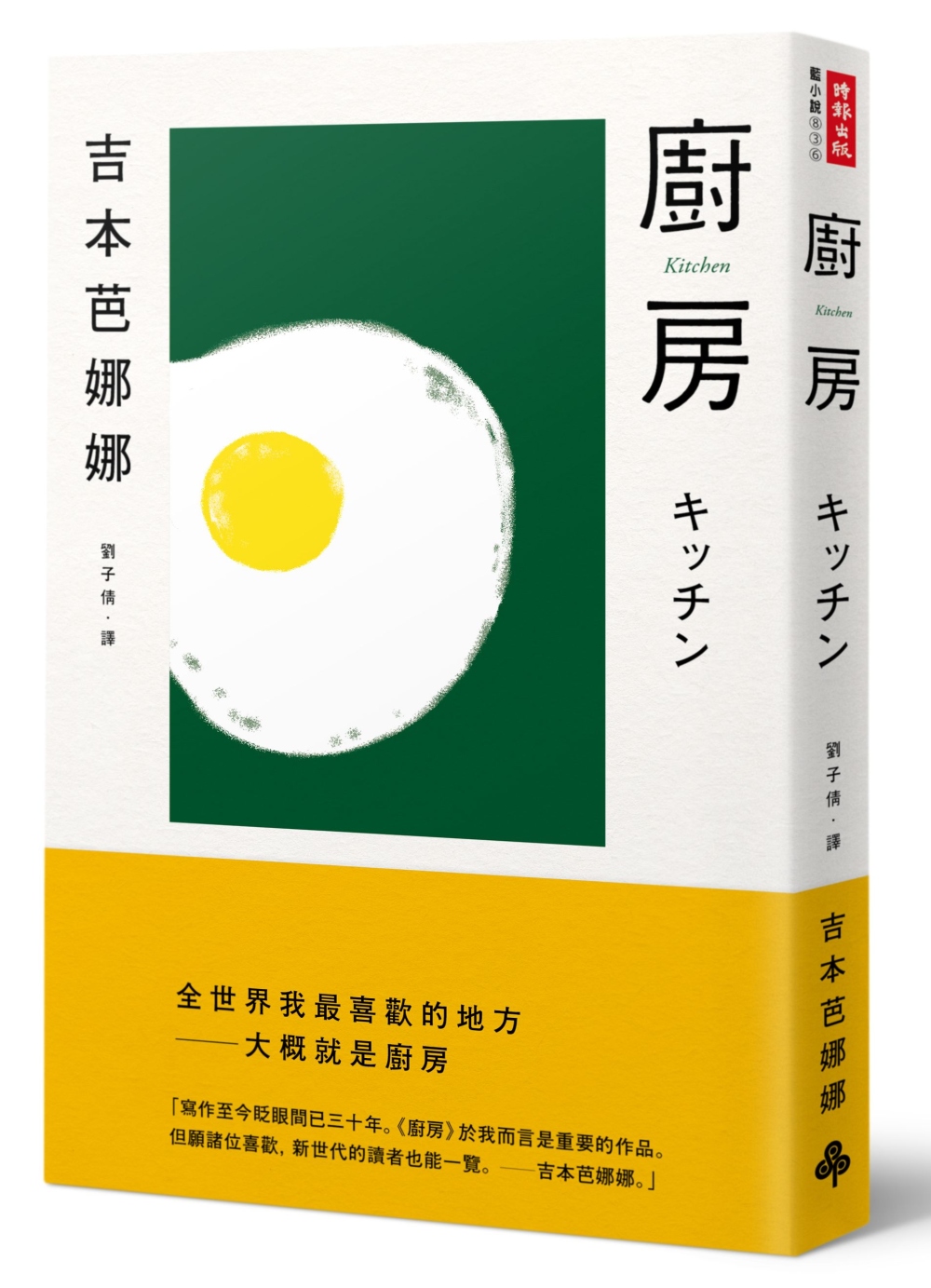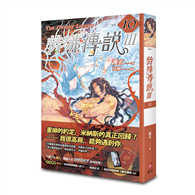The Battle of Corunna (or A Coru a, La Corunna, La Coru a, Elvi a or La Corogne) took place on 16 January 1809, when a French corps under Marshal of the Empire Nicolas Jean de Dieu Soult attacked a British army under Lieutenant-General Sir John Moore. The battle took place amidst the Peninsular War, which was a part of the wider Napoleonic Wars. It was a result of a French campaign, led by Napoleon, which had defeated the Spanish armies and caused the British army to withdraw to the coast following an unsuccessful attempt by Moore to attack Soult's corps and divert the French army. Doggedly pursued by the French under Soult, the British made a retreat across northern Spain while their rearguard fought off repeated French attacks. Both armies suffered extremely from the harsh winter conditions. Much of the British army, excluding the elite Light Brigade under Robert Craufurd, suffered from a loss of order and discipline during the retreat. When the British eventually reached the port of Corunna on the northern coast of Galicia in Spain a few days ahead of the French they found their transport ships had not arrived. The fleet arrived after a couple of days and the British were in the midst of embarking when the French forces marched up and forced the British to fight a battle before they could depart for England.In the resulting action, the British repulsed the French assault and completed their embarkation, saving their army from destruction but leaving the port cities of Corunna and Ferrol, as well as northern Spain, to be captured and occupied by the French. During the battle, Sir John Moore, the British commander, was mortally wounded, dying after hearing all the French attacks had been repulsed.... Walter Stanley Paget (1863-1935), the youngest and perhaps the least artistically talented of the three Paget brothers, held a gold medal from the Royal Academy of Art, and, like his brothers, illustrated books and magazines in late nineteenth-century and early twentieth-century London, signing himself as "Wal Paget": ...... George Alfred Henty (8 December 1832 - 16 November 1902) was a prolific English novelist and war correspondent.He is best known for his historical adventure stories that were popular in the late 19th century. His works include The Dragon & The Raven (1886), For The Temple (1888), Under Drake's Flag (1883) and In Freedom's Cause (1885).Biography--G.A.Henty was born in Trumpington, near Cambridge. He was a sickly child who had to spend long periods in bed. During his frequent illnesses he became an avid reader and developed a wide range of interests which he carried into adulthood. He attended Westminster School, London, and later Gonville and Caius College, Cambridge, where he was a keen sportsman. He left the university early without completing his degree to volunteer for the Army Hospital Commissariat when the Crimean War began. He was sent to the Crimea and while there he witnessed the appalling conditions under which the British soldier had to fight. His letters home were filled with vivid descriptions of what he saw. His father was impressed by his letters and sent them to The Morning Advertiser newspaper which printed them. This initial writing success was a factor in Henty's later decision to accept the offer to become a special correspondent, the early name for journalists now better known as war correspondents. Shortly before resigning from the army as a captain in 1859 he married Elizabeth Finucane. The couple had four children. Elizabeth died in 1865 after a long illness and shortly after her death Henty began writing articles for the Standard newspaper. In 1866 the newspaper sent him as their special correspondent to report on the Austro-Italian War where he met Giuseppe Garibaldi.....
| FindBook |
有 1 項符合
With Moore at Corunna的圖書 |
 |
With Moore at Corunna 作者:Henty 出版社:Createspace Independent Publishing Platform 出版日期:2016-09-04 語言:英文 規格:平裝 / 212頁 / 25.4 x 20.3 x 1.3 cm / 普通級 |
| 圖書館借閱 |
| 國家圖書館 | 全國圖書書目資訊網 | 國立公共資訊圖書館 | 電子書服務平台 | MetaCat 跨館整合查詢 |
| 臺北市立圖書館 | 新北市立圖書館 | 基隆市公共圖書館 | 桃園市立圖書館 | 新竹縣公共圖書館 |
| 苗栗縣立圖書館 | 臺中市立圖書館 | 彰化縣公共圖書館 | 南投縣文化局 | 雲林縣公共圖書館 |
| 嘉義縣圖書館 | 臺南市立圖書館 | 高雄市立圖書館 | 屏東縣公共圖書館 | 宜蘭縣公共圖書館 |
| 花蓮縣文化局 | 臺東縣文化處 |
|
|
圖書介紹 - 資料來源:博客來 評分:
圖書名稱:With Moore at Corunna
|











